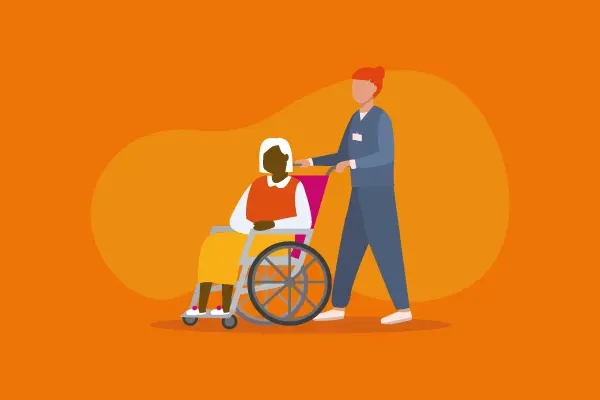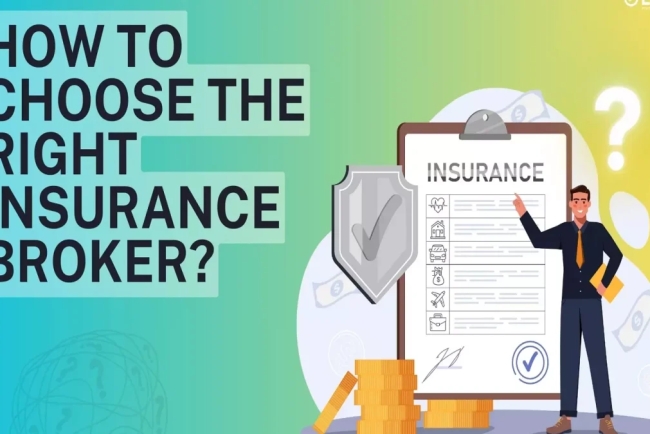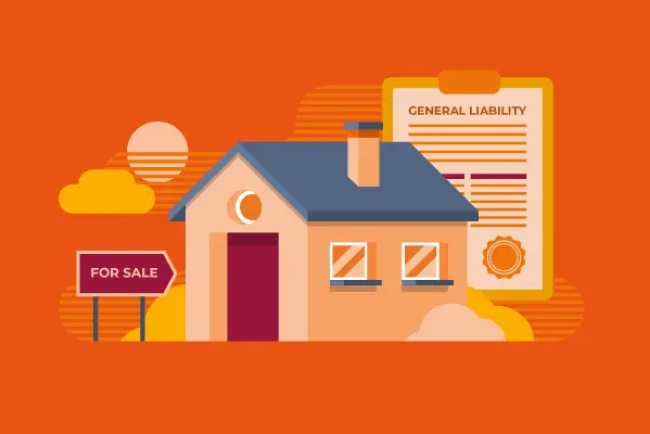Home health aides (HHAs) play a critical role in providing care for elderly, disabled, or chronically ill individuals within their homes. As healthcare continues to move outside of traditional facilities and into residential settings, the demand for these professionals has surged. However, along with the increased demand comes a greater exposure to insurance risks. For home health aides and the agencies that employ them, understanding the nuances of general liability insurance is essential for managing potential liabilities and protecting the business from financial losses.
In this article, we will explore the various insurance risks faced by home health aides, the importance of general liability insurance, and how this coverage can safeguard against common claims such as bodily injury, property damage, and other liability exposures.
What Is General Liability Insurance?
General liability insurance is a form of business insurance that covers a company or individual against claims arising from bodily injury, property damage, personal injury, and other types of liabilities that may occur during the course of business operations. For home health aides, this coverage is critical in ensuring that they are protected if accidents or injuries occur while they are providing care in a patient's home.
While healthcare professionals like doctors and nurses may have specific malpractice insurance, home health aides generally rely on general liability insurance for protection against risks related to the non-medical aspects of their work. This includes risks associated with accidents that may happen in the patient's home, such as slips and falls, or accidental damage to the patient’s personal property.
The Role of Home Health Aides
Before diving deeper into the specific insurance risks, it’s essential to understand the duties of home health aides. HHAs typically assist clients with activities of daily living (ADLs), which include tasks such as
- Bathing
- Dressing
- Grooming
- Feeding
- Mobility assistance
- Light housekeeping
- Medication reminders
While their responsibilities often do not include complex medical procedures, their involvement in personal care and support creates a number of potential liability risks. The close and often physical nature of their work also heightens the risk of accidents and injuries.
Common Insurance Risks for Home Health Aides
Home health aides operate in environments that come with their own set of unique risks. Whether working for a home care agency or as independent contractors, understanding these risks is essential to finding the right coverage.
1. Bodily Injury to Patients
One of the primary risks faced by home health aides is the possibility of causing accidental bodily injury to a patient. While providing care, an HHA may unintentionally cause harm. For example, if an aide assists a patient with mobility and the patient falls and gets injured, the aide could be held liable for the injuries.
Even with the best training and precautions, accidents happen. In these cases, general liability insurance can cover the medical expenses, legal fees, and potential settlements if the injured party decides to file a claim.
2. Property Damage
When working inside someone’s home, there is always the risk of accidentally damaging personal property. For example, an HHA might inadvertently break a valuable item while cleaning or performing other tasks in the home. If the homeowner files a claim for the damage, general liability insurance would cover the cost of repairing or replacing the item.
3. Third-Party Injuries
In some cases, the HHA may not be directly responsible for the injury, but they could still be held liable. For instance, if the aide leaves equipment or other items in a walkway and a guest trips and falls, the aide could be sued for negligence. General liability insurance provides coverage in these situations, ensuring that legal costs and potential payouts are managed.
4. Accusations of Libel or Slander
Although less common, home health aides could face claims of libel or slander. This could occur if a client feels that the aide has made damaging statements about them, whether in writing or verbally. General liability insurance often includes personal injury coverage, which can protect against claims related to defamation, libel, or slander.
5. Invasion of Privacy
Home health aides have access to private information about their clients, and a breach of this information can lead to legal complications. For example, if an aide were to inadvertently disclose personal health information to an unauthorized party, the client could claim invasion of privacy. General liability insurance can help cover the legal costs associated with these claims.
Importance of General Liability Insurance for Home Health Aides
Given the various risks associated with providing in-home care, general liability insurance is a critical layer of protection for home health aides. Without proper insurance, a single claim could have significant financial consequences, potentially resulting in lawsuits and damaging a business’s reputation. For individual aides or small home care agencies, this could be devastating.
Here are a few key reasons why general liability insurance is important for HHAs
1. Financial Protection
Lawsuits can be expensive, even if the aide or agency is not found liable. Legal defense costs, settlements, and judgments can add up quickly, and without the right coverage, these costs must be paid out of pocket. General liability insurance provides financial protection in the event of a claim, covering the costs of legal defense and any compensation that may be awarded to the claimant.
2. Peace of Mind
Having general liability insurance in place gives both the aide and their clients peace of mind. Knowing that there is protection in case of an accident or injury allows HHAs to focus on providing quality care without constantly worrying about potential lawsuits. Clients may also feel more comfortable knowing that the aide is insured.
3. Client Trust and Professionalism
Carrying general liability insurance can enhance an HHA’s professionalism and credibility. Some clients or home care agencies may require proof of insurance before hiring an aide, as it demonstrates a commitment to responsible and safe practices. It also shows that the aide is prepared to handle any unexpected situations that may arise.
Limitations of General Liability Insurance
While general liability insurance is essential for covering many risks, it’s important to understand its limitations. This type of insurance primarily covers third-party claims, meaning it protects against claims made by clients or others who are not part of the business. However, it does not cover everything. For example
- Professional Liability General liability insurance does not cover claims related to professional negligence or errors made while performing healthcare services. HHAs may need to purchase separate professional liability insurance (also known as malpractice insurance) to cover these risks.
- Workers' Compensation If an HHA is injured on the job, general liability insurance will not cover their medical expenses or lost wages. Workers’ compensation insurance is required to protect employees in such cases.
- Auto Accidents If an aide uses their vehicle for work-related purposes, general liability insurance will not cover any accidents or injuries that occur while driving. Commercial auto insurance or a personal auto insurance policy with business use coverage may be necessary.
Tips for Selecting the Right Insurance Coverage
Given the complex nature of the risks involved in providing home health care, it’s crucial for HHAs and home care agencies to carefully evaluate their insurance needs. Here are some tips for selecting the right coverage
1. Assess the Specific Risks
Each home health aide’s situation is unique, and it’s important to assess the specific risks they face. Consider factors such as the types of clients served, the services provided, and the frequency of interactions with clients’ homes. This will help in determining the level of coverage needed.
2. Work with a Specialized Insurance Provider
It’s beneficial to work with an insurance provider that specializes in home healthcare or similar industries. These providers have a deeper understanding of the unique risks faced by HHAs and can offer tailored coverage that meets their needs.
3. Consider Bundling Coverage
In some cases, it may be more cost-effective to bundle multiple types of coverage into one policy. For example, a business owner’s policy (BOP) often includes general liability insurance, property insurance, and business interruption insurance. This can be a good option for small home care agencies.
4. Review the Policy Regularly
Insurance needs can change over time, so it’s important to review the policy regularly to ensure that it continues to meet the needs of the business or individual. As the scope of services expands or the number of clients grows, it may be necessary to increase coverage limits or add additional types of insurance.
Home health aides provide invaluable services to individuals who need assistance with daily living, but their work also comes with significant insurance risks. From bodily injury and property damage to defamation and invasion of privacy, the potential for liability claims is high. For this reason, general liability insurance is an essential safeguard for both individual aides and home care agencies.
By understanding the various risks and securing the right insurance coverage, home health aides can protect themselves from financial loss and focus on providing the best care possible to their clients. Whether you're a solo practitioner or part of a larger agency, investing in the right insurance will not only shield you from liability but also enhance your professionalism and trustworthiness in the eyes of clients.




















